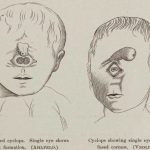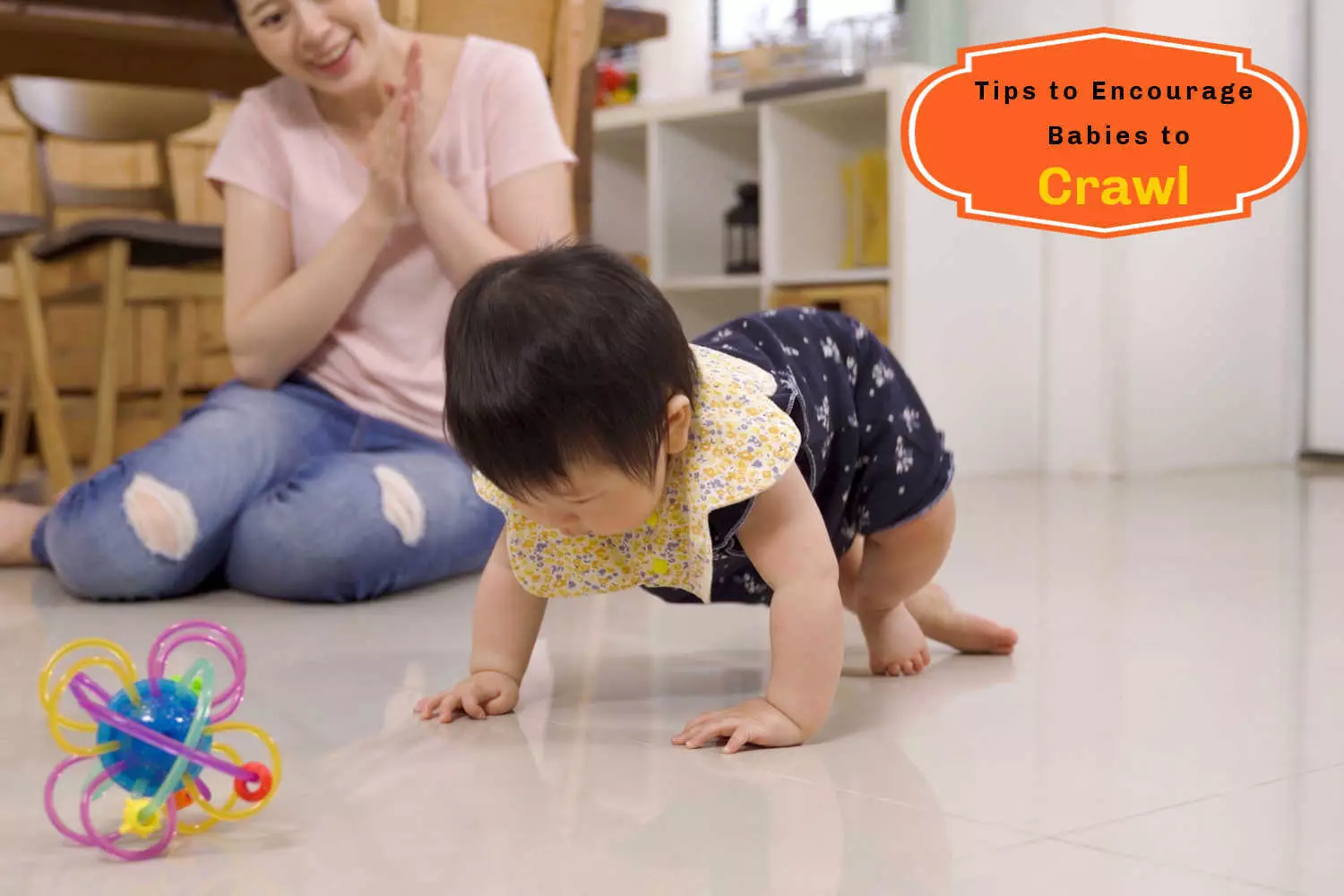
Should You Breastfeed Your Baby To Sleep?
6 min readWritten by Editorial Team


Breastfeeding is the easiest way to put a baby to sleep. Baby finds your touch comforting, the milk is nourishing and the overall exercise has a calming effect on the baby which lulls him to sleep. Win-win? Not really! Breastfeed your baby to sleep, which, although appears as an easy fix at night, is known to have many drawbacks.
Because his circadian cycle hasn’t been established and breastmilk is a natural sleep inducer, it’s almost hard for your infant not to doze asleep when feeding in the early days. So, try not to stress too much if your baby’s eyelids shut during a feed if he is less than two months old. Breastfeeding your kid to sleep or for comfort is not a terrible thing—natural, it’s healthy and developmentally appropriate. Nursing your infant before bed is OK, but trying it shouldn’t be the last step of the ritual.
In This Article
- Is It Safe To Breastfeed Your Baby To Sleep?
- Benefits Of Breastfeeding Baby To Sleep
- Why Shouldn’t You Nurse Your Baby To Sleep?
- What Should You Do About Night-Time Feeding?
- How To Stop Breastfeeding To Sleep?
- FAQs
Is It Safe To Breastfeed Your Baby To Sleep?
It’s not wrong to breastfeed your baby to sleep or as a comfort measure; in fact, it’s a perfectly natural and healthy practise that’s ideal for a young child’s growth and development. Babies often breastfeed to sleep and wake up many times every night for the first year. Of course, there are rare infants that don’t engage in this behavior, but they’re the exception, not the norm.
Benefits Of Breastfeeding Baby To Sleep
Here are some benefits of breastfeeding your baby to sleep:
- Comfort: It is very comforting for the baby if you breastfeed him to sleep. This means your baby will be less fussy and will spend less time-fighting sleep.
- Convenience: It is very convenient for a tired mother to breastfeed the baby to sleep as she is co-sleeping with the baby, it also means better sleep for her.
- Extra Nutrition: We know that breastmilk is very nourishing for the baby so extra feedings in the night mean extra nourishment for your baby.
- Bonding: Nothing can beat the midnight cuddles when you breastfeed your baby to sleep. It is definitely a great bonding time for both the mother and the baby.
Why Shouldn’t You Nurse Your Baby To Sleep?

Although there are many benefits of breastfeeding your baby to sleep yet there are three primary reasons why experts discourage mothers from nursing their baby to sleep:
1. Poor Sleeping Habits For The Child
Nursing your baby to sleep can develop a poor sleeping habits in your baby. Let us tell you why. If we (adults) wake up in the night, what do we do? We just fall back to sleep on our own, don’t we? This “falling asleep alone” is a habit that we need to teach our babies early on. If you feed the baby to sleep, then soon, the baby will start associating breastfeeding with sleep.
What is the consequence? Every time the baby wants to sleep, he would want to be breastfed. Breastfeeding will become his cue to fall asleep. And this is not a habit you want your baby to learn. As he grows older, he should be able to sleep independently of external stimuli. And the sooner he learns, the easier it is for you.
2. Increased Levels Of Exhaustion For The Mother
While in the initial days, it might be fulfilling to see your child drifting off to sleep while suckling milk, it can be very exhausting for the mother if she needs to breastfeed every time the child needs to sleep. If your child wakes up often in the night, this could mean no sleep whatsoever for you. This also increases your child’s dependency on you. Your partner and other members of the family might find it difficult to take care of your baby and put him to sleep in your absence.
3. Higher Chances Of Tooth Decay
Once your baby gets used to breastfeeding for falling asleep, it is difficult to kick that habit away. In a few months, their teeth will start sprouting and night-time feeding is very bad for your child’s teeth. When they fall asleep while nursing, they will retain some amount of milk in their mouth. The sugar content of this milk will attack their teeth causing cavities.
What Should You Do About Night-Time Feeding?

So are we saying never to feed the baby at night? Of course not. Breastfeeding is, as we mentioned before, a calming and nourishing activity. It also helps in building and strengthening the bond between the mother and child. So, by all means, breastfeed the child at night, especially in the first two months. However, do not make a habit out of it. Once the baby turns three months, try the following:
- Breastfeed late in the evening and leave it at that. Do not make breastfeeding part of your nighttime routine
- If this is not possible, or if you are worried about your child being not full, you can make breastfeeding part of your bedtime routine. However, this should be one of the first activities in the routine. You start by feeding the baby. Then you change his nappy and his clothes. And then put him in his crib or bed. And then start singing a lullaby, which will finally put him to sleep. This way he is not associating nighttime feeding with sleeping.
- Try to reduce the amount of time spent on breastfeeding during the night.
- To ensure you are not exhausted yourself, try to pump milk in advance so that your partner can feed the baby when your baby wakes up at the night.
- Create a favorable environment for sleeping. Make sure it is quiet and dark when you put your baby to sleep. Switching on the TV is not helpful for putting the baby to sleep! So if it is quiet and dark your baby will soon start associating it with sleep and will easily fall asleep without the need to breastfeed him.
- Some babies need some kind of comfort while they fall asleep. You can use tools like pacifiers to induce sleep in your baby.
- Make sure you don’t play with your baby before you put him to sleep. There is a general belief that playing with the baby will tire him out and help him sleep better. But this works exactly the opposite. Playing will stimulate him and make it difficult for him to sleep. Remember your baby needs to be calm when put to sleep.
How To Stop Breastfeeding To Sleep?

Many parents feel that starting with naptime is simpler since they are less tired and more likely to adhere to a new schedule than starting in the middle of the night. Once you’ve mastered naptime, it should be much simpler to begin establishing a new bedtime routine.
Establishing a regular regimen is one of the first steps. The schedule doesn’t have to be so rigid that after lunch you put the baby down for a nap. It’s critical to pay attention to your child’s indications and react quickly when he’s weary or hungry. Having a routine, on the other hand, might make your day go by more smoothly.
Many individuals like the “Sleep, Eat, Play” strategy. This helps to break the link between eating and sleeping. Instead, set up a naptime routine that includes music, tales, and decreasing lights to signal to your baby that it’s time to sleep.
If breastfeeding is a part of your nighttime ritual, continue nursing until baby is tired but not asleep. Allow your spouse or another family member to finish with a tale or song before placing your little angel in her cot. She may moan and complain at first, but she will gradually get the hang of it and may even sleep a bit longer.
Despite all these efforts, please remember that if your baby is exclusively breastfed, then you will have to wait longer for him to establish a sleeping pattern than formula-fed babies. This is because breast milk digests faster, making babies hungry quicker, resulting in them waking more often in the night for a feed. This is normal. As long as you ensure that the baby does not fall asleep while latching, you are doing well!
All the best!
FAQs
1. When Should I Stop Nursing My Baby To Sleep?
A lot of two-year-olds nurse at night. They’ll need less. After 5 months, infants may sleep without milk. Feed your infant to sleep if you don’t mind many night wakings. Wean your child off breastfeeding if you want them to sleep through the night and settle without you. Infants beyond the age of 5 months must be able to adjust after each sleep cycle since they all wake up 4-6 times every night. If they are fed to sleep, they may anticipate being fed at night.
2. How Do I Know If My Baby Is Pacifying Or Nursing?
Your infant may be breastfeeding for comfort rather than nutrition if he or she appears to be becoming full after an hour or more of sucking. This is known as pacifying or non-nutritive sucking.

Editorial Team,
With a rich experience in pregnancy and parenting, our team of experts create insightful, well-curated, and easy-to-read content for our to-be-parents and parents at all stages of parenting.Read more.
Responses (0)
Want curated content sharply tailored for your exact stage of parenting?
Related articles

Cyclopia in Babies – What is it , Symptoms and Risk Factors

Rattles For Babies – How it Helps in Baby’s Development

Dry Fruit Powder For Babies – When to Introduce, Benefits & Side Effects

Mongolian Blue Spots in Babies – Causes, Symptoms & Treatment

CHARGE Syndrome in Babies – Causes, Symptoms and Treatment

Top 5 Tips to Encourage Babies to Crawl
Sponsored content
Discover great local businesses around you for your kids.
Get regular updates, great recommendations and other right stuff at the right time.





